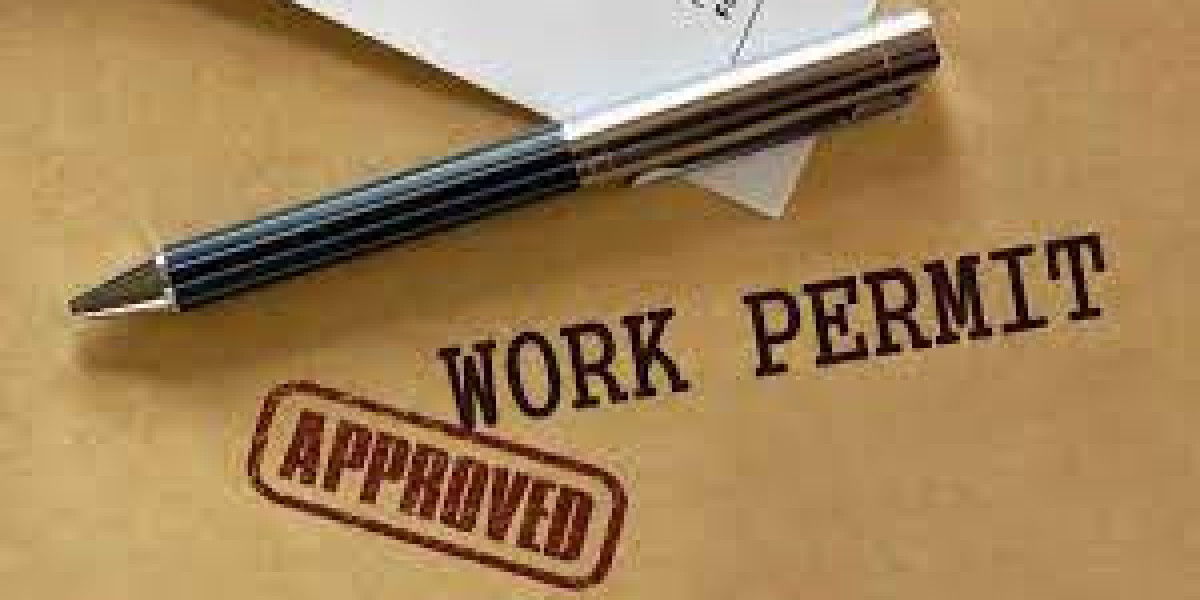Imagine landing in a bustling new country, your heart racing with the promise of opportunity. Maria, a skilled software developer from Brazil, steps off the plane in Canada, clutching her newly approved work permit. She’s thrilled but overwhelmed, unsure of where to begin settling in. One of the first hurdles she faces? Providing a valid work permit residential address to comply with immigration regulations. Like Maria, countless professionals navigate the complexities of establishing a residential address for their work permits, a critical step that can shape their journey in a foreign land. This article dives into the nuances of work permit residential address requirements, offering clarity and practical guidance for newcomers.
Why the Work Permit Residential Address Matters
A Legal Anchor for Your Stay
The work permit residential address serves as a cornerstone for your legal presence in a host country. Immigration authorities require a verifiable address to ensure compliance with visa conditions, track your location, and communicate important updates. Without a valid address, your work permit application or renewal could face delays or rejection.
Ensuring Compliance with Local Laws
Your residential address ties directly to local regulations, such as tax obligations and access to public services. For instance, in countries like Canada or the UK, your address determines eligibility for healthcare, social benefits, and even driver’s licenses. Providing an accurate address ensures you meet these legal requirements seamlessly.
How to Choose a Valid Work Permit Residential Address
What Qualifies as a Residential Address?
A work permit residential address must be a physical location where you reside, not a P.O. box or temporary mailing address. Immigration authorities typically accept addresses from:
· A leased or owned residential property (apartment, house, or condo).
· A shared accommodation with a formal agreement (e.g., subletting).
· Temporary housing, such as a hotel or hostel, if you’re in transition (though this may require additional documentation).
Documentation to Support Your Address
To verify your address, you’ll need to provide supporting documents, such as:
· A lease agreement or rental contract.
· Utility bills (electricity, water, or internet) in your name.
· A letter from your landlord or property manager confirming your residency.
· Government-issued mail, like a tax notice or bank statement, showing your name and address.
Common Pitfalls to Avoid
· Using a workplace address: Many applicants mistakenly list their employer’s address, which is typically invalid for immigration purposes.
· Temporary or unverified addresses: Providing an address without proper documentation can lead to application delays.
· Frequent changes: Constantly updating your address without notifying immigration authorities can raise red flags.
Navigating Challenges for Newcomers
Finding Housing Before Arrival
Securing a residential address before arriving in a new country can be daunting. Many immigrants, like Maria, rely on short-term rentals or temporary accommodations while searching for permanent housing. Platforms like Airbnb, local real estate websites, or relocation services can help bridge this gap. Some countries also allow you to update your address within a specific period after arrival, offering flexibility.
Language and Cultural Barriers
For non-native speakers, understanding lease agreements or communicating with landlords can be challenging. Consider seeking assistance from settlement agencies or community organizations that offer translation services or housing support for newcomers.
Financial Constraints
High rental costs in major cities can strain budgets, especially for those awaiting their first paycheck. Exploring shared accommodations or suburbs with lower costs can be a practical solution. Some governments also offer housing assistance programs for work permit holders—check with local immigration or social services.
Updating Your Work Permit Residential Address
When to Update Your Address
If you move during your work permit’s validity, you must notify immigration authorities promptly. In Canada, for example, you’re required to update your address within 10 days of moving. Failure to do so could result in penalties or complications during permit renewals.
How to Update Your Address
Most countries provide online portals or forms for address updates. For instance:
· In Canada, use the Immigration, Refugees and Citizenship Canada (IRCC) online portal.
· In the UK, notify the Home Office through their online system or by mail.
· In the US, update your address with the U.S. Citizenship and Immigration Services (USCIS) using Form AR-11.
Always keep records of your update confirmation, as this may be required during future immigration processes.
Country-Specific Requirements
Canada
In Canada, the work permit residential address must be a physical location where you can receive mail. Temporary addresses, like hotels, are acceptable during the initial period, but you must provide a permanent address within a reasonable timeframe.
United States
The U.S. requires a residential address for work permits like the H-1B visa. USCIS may verify your address through site visits or document checks, so accuracy is critical.
United Kingdom
The UK Home Office mandates a residential address for Tier 2 or Skilled Worker visas. You must provide proof of address during the application process and update it if you relocate.
Australia
Australia’s Department of Home Affairs requires a residential address for work visas like the Subclass 482. You may need to provide a lease agreement or utility bill to confirm your address.
Tips for a Smooth Process
Plan Ahead
Research housing options before arriving. Connect with local expat communities or online forums for recommendations on safe neighborhoods and affordable rentals.
Keep Records
Maintain a file of all address-related documents, including lease agreements, utility bills, and immigration correspondence. These can be invaluable during audits or renewals.
Seek Professional Help
If navigating the process feels overwhelming, consider consulting an immigration lawyer or a relocation specialist. They can guide you through country-specific requirements and ensure compliance.
Conclusion
Establishing a work permit residential address is more than a bureaucratic step—it’s the foundation of your new life abroad. For newcomers like Maria, securing a valid address unlocks access to essential services, ensures compliance with immigration laws, and paves the way for a stable, fulfilling journey. By understanding the requirements, planning ahead, and staying proactive, you can navigate this process with confidence. Whether you’re starting fresh in Canada, the UK, or beyond, a verified residential address is your first step toward turning opportunity into reality.








